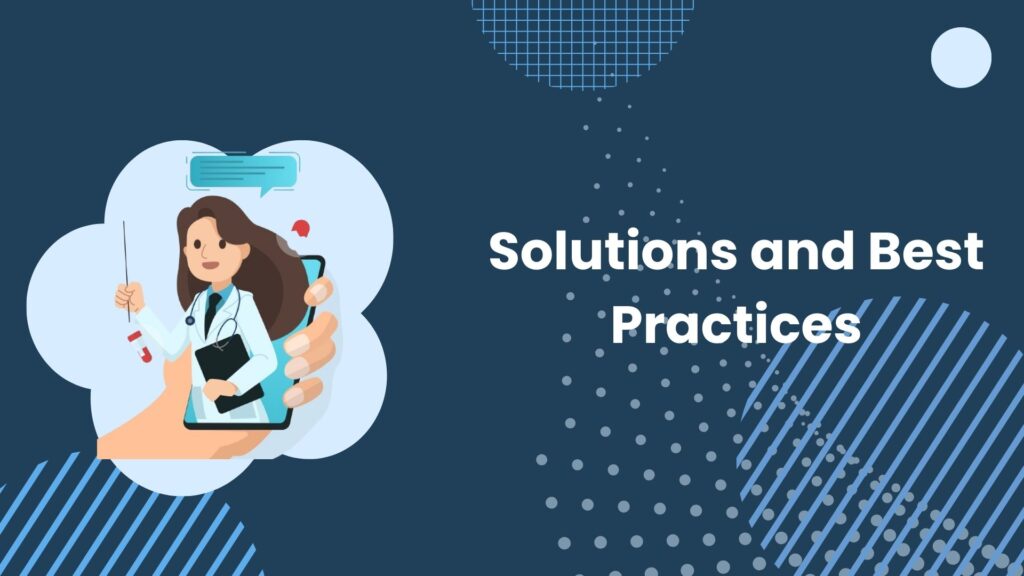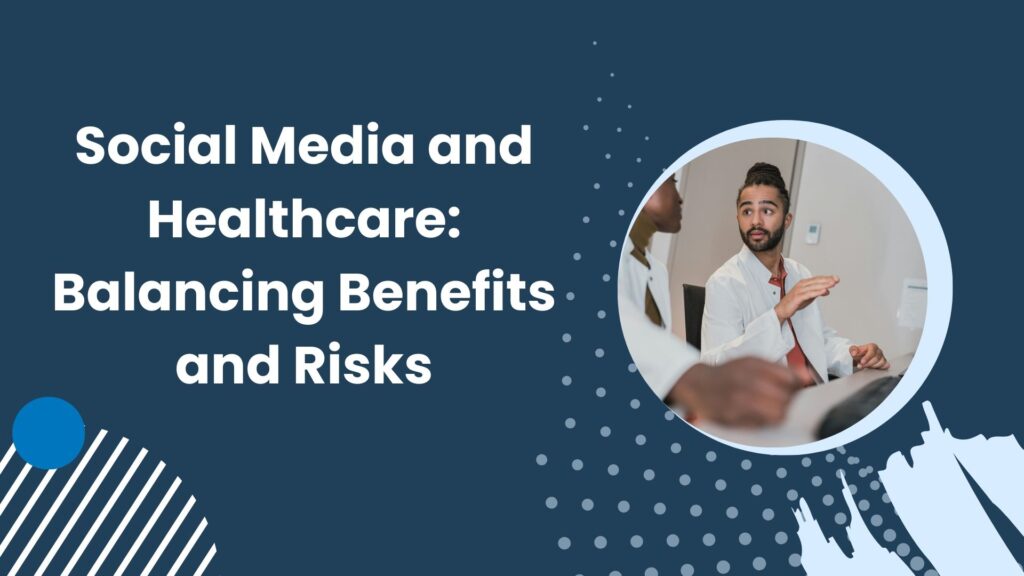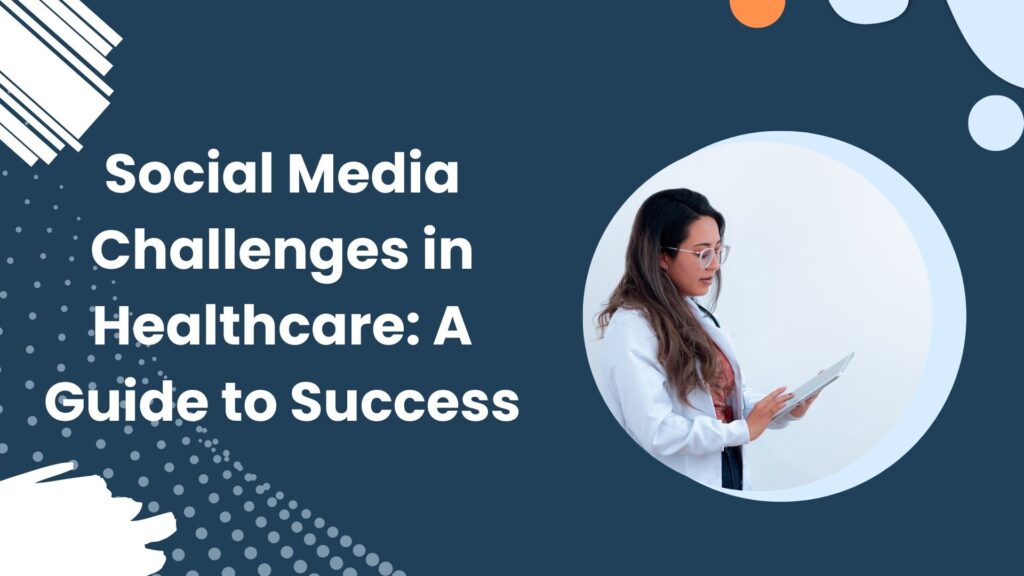Social Media Challenges in Healthcare: A Guide to Success
Social media offers healthcare providers a powerful platform for engagement, education, and outreach. However, navigating the social media landscape can be complex for healthcare organizations due to unique challenges and regulations.
This article explores ten common social media challenges faced by healthcare providers and offers solutions to overcome them.
Key Challenges

- Responding to Negative Reviews: It’s inevitable to encounter negative reviews on social media. The key is to respond promptly and professionally. Acknowledge the patient’s concerns, apologize for any shortcomings, and outline steps to address the issue.
- Content Consistency: Maintaining consistent social media activity is crucial. Develop a regular posting schedule with valuable content relevant to your target audience. Avoid sporadic posting or irrelevant content.
- HIPAA Compliance: Protecting patient privacy is paramount. Ensure all social media activities adhere to HIPAA regulations to avoid inadvertently disclosing sensitive information.
- Maintaining Reputation: Social media can be a breeding ground for negativity. Be prepared to address criticism and misinformation professionally to safeguard your organization’s reputation.
- Time Constraints: Effectively managing social media channels requires dedicated time and effort. Consider delegating tasks or outsourcing to a healthcare social media marketing agency if resources are limited.
- Misinformation: The abundance of unvetted information online can be a concern. As a trusted healthcare provider, you can counter misinformation by sharing accurate and reliable health information.
- Organizational Policies: Some healthcare organizations have restrictions on social media use due to security and privacy concerns. Ensure you understand and adhere to your organization’s policies.
- Platform Saturation: With numerous social media platforms available, choosing the right ones can be overwhelming. Focus on developing a clear strategy and target the platforms most relevant to your patient population.
- Patient Privacy: Maintaining patient confidentiality is crucial on social media platforms. Develop clear guidelines for staff to ensure patient privacy is respected at all times.
- Content Accuracy: Be cautious about sharing information from unverified sources. Always verify the accuracy of health information before sharing it on social media.
Solutions and Best Practices

- Develop a Social Media Strategy: Define your goals and target audience. Choose the most appropriate platforms and create a content calendar to ensure consistent posting.
- Prioritize Patient Anonymity: When sharing patient success stories or case studies, ensure all identifying information is removed to protect patient privacy.
- Define the Role of Social Media: Clearly understand how social media fits into your overall marketing and communication strategy.
- Monitor Platforms and Update Policies: Stay informed about evolving social media platforms and update your policies accordingly. Ensure staff training includes social media best practices.
- Secure Your Accounts: Implement strong security measures to protect your social media accounts from unauthorized access.
Social Media and Healthcare: Balancing Benefits and Risks

By recognizing these challenges and implementing effective solutions, healthcare organizations can leverage the power of social media to connect with patients, build trust, and achieve their marketing goals. Consider consulting a healthcare social media marketing agency for tailored guidance and support.

